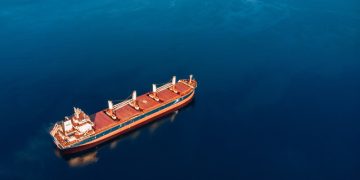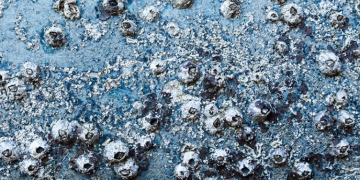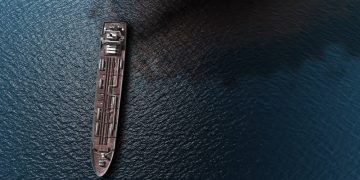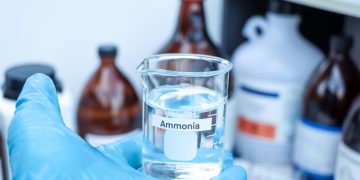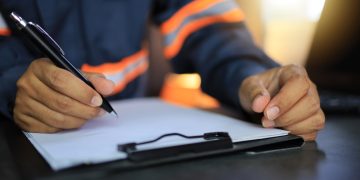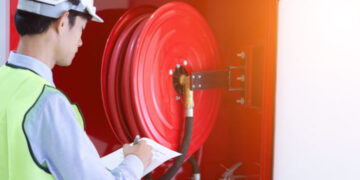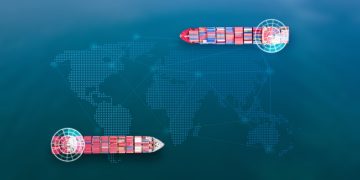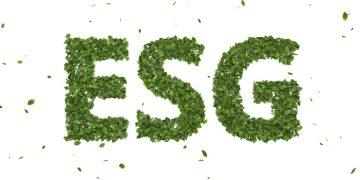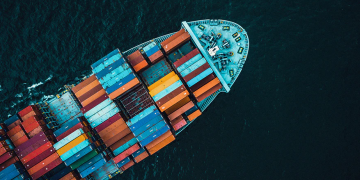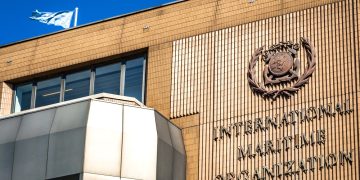CO2 emissions from ships – a call to reason
The European Commission issued a proposal last June for a Monitoring, Reporting and Verification Regulation of CO2 emissions from ships calling at EU ports, which lays the foundation for a global measure to reduce CO2 emissions from international shipping. It required ships above 5000 gross tons (GT) to monitor and report the verified amount of CO2 emitted on voyages to, from and between EU ports. Ships were also required to provide certain other information, such as data to determine their energy efficiency. In late January, the European Parliament adopted the draft report of the rapporteur MEP Theodoros Skylakakis, as amended after a debate in the Environment, Public Health and Food Safety (ENVI) Committee. According to this report, the scope of the regulation should be extended to also cover smaller ships and more types of emissions. Whereas the initial Commission proposal only made reference to ships above 5000 GT, the text adopted by the ENVI Committee foresees that smaller ships of 400 GT or above should also be included in the Regulation. Moreover, the text extends the scope of the proposed Regulation by including Nitrogen Oxyde (NOx) emissions. "We appeal to the legislators' reason" said Patrick Verhoeven, ECSA Secretary General. "Let ...
Read more






